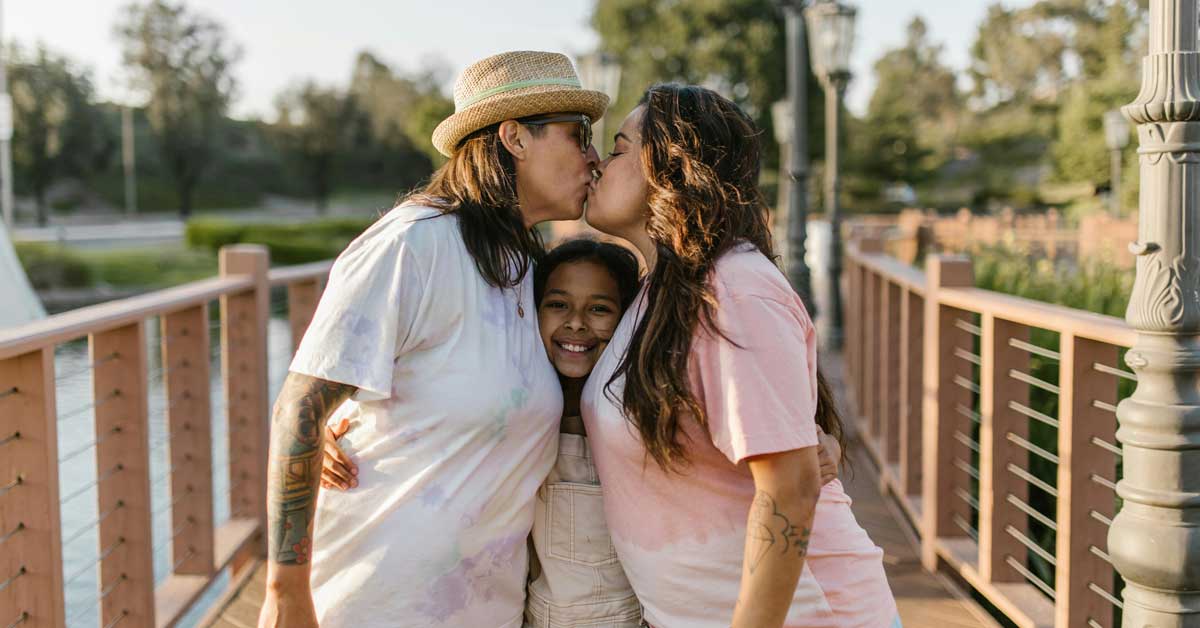As communities across Florida, Georgia, North Carolina, South Carolina, and Tennessee reel from the devastation of Hurricane Helene, federal agencies, aid organizations, and everyday volunteers have stepped up to help provide urgent relief.
But with unfathomable loss — including a rising death toll — rebuilding includes more than providing food, shelter, and power.
It also includes confronting the toll these disasters take on survivors’ mental health.
“It’s normal for hurricanes to cause people to experience emotional distress,” the Substance Abuse & Mental Health Services Administration explains on its website.
“Feelings such as overwhelming anxiety, constant worrying, trouble sleeping, and other depression-like symptoms are common responses before, during, and after these types of storms.”
That’s why SAMHSA created the Disaster Distress Helpline.
The DDH is the first national hotline dedicated to providing 24/7 disaster crisis counseling to all residents in the U.S. and its territories.

It is toll-free and offers multilingual support in over 100 languages, as well as services for Deaf or Hard of Hearing callers.
“The helpline puts people in need of counseling on the path to recovery. When you call or text, crisis counselors listen to what’s on your mind with patience and without judgment,” a DDH web page explains.
“DDH is staffed by trained counselors from a network of crisis call centers located across the United States.”
Callers can find crisis counseling related to any natural or human-caused disaster, information on how to recognize distress, referrals to local crisis centers for additional follow-up care, and healthy coping tips.
Many in regions like Western North Carolina and Eastern Tennessee still lack access to cell service, power, or Wi-Fi. Anyone impacted by the storm and in need of counseling is encouraged to call or text 1-800-985-5990 whenever they are able.
“The helpline is open to anyone experiencing emotional distress related to disasters,” the DDH web page continues. “This includes survivors of disasters; loved ones of victims; first responders; rescue, recovery, and relief workers; clergy; and parents and caregivers. You may call for yourself or on behalf of someone else.”
Crisis counselors do not require any identifying information from callers, though counselors may ask a few general questions at the end of their session to help improve the helpline’s services.
“If you or someone you know is struggling to cope emotionally with the effects of Hurricane Helene, you're not alone,” DDH posted on X (formerly known as Twitter). “Help is just a call or text away.”
Those who are seeking more information about disaster-related evacuations, shelters, relief distribution, volunteer opportunities, and more are encouraged to call 211 for more information.
Header image courtesy of North Carolina Department of Transportation



